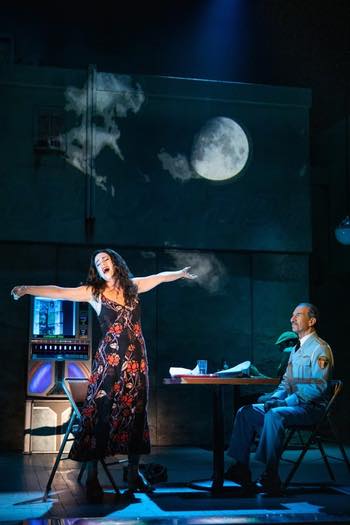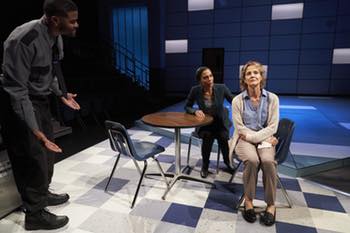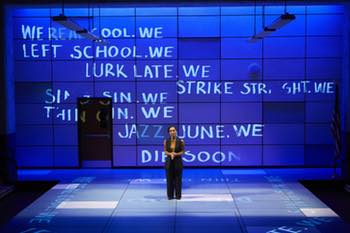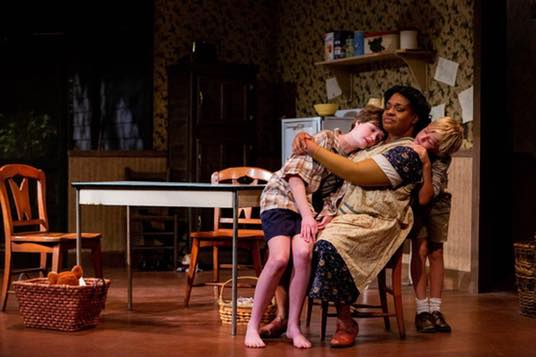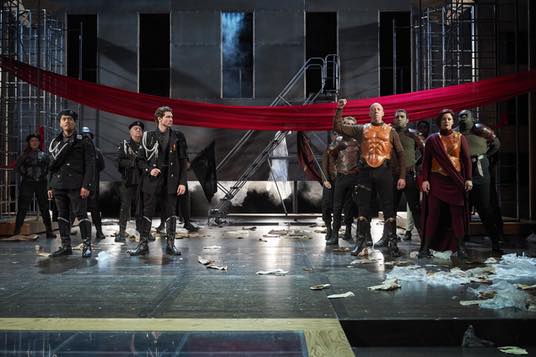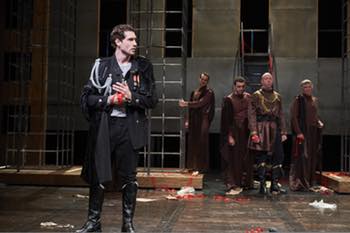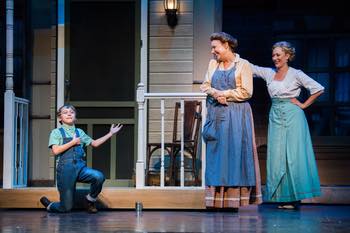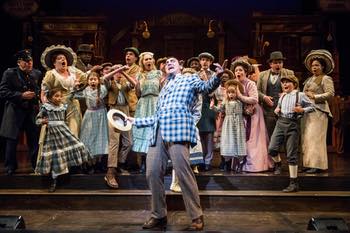Looking Back at Elyria: A Midwest City at Midcentury by Marci Rich
Book Review by Laura Kennelly
The book’s twelve essays, all with fine photos from “back in
the day,” describe everyday life in Lorain County—more specifically, in Elyria,
Ohio—from her childhood in the 1950s through the 1960s. As Rich writes, “One
benefit of nostalgia, or of remembering, is that there is something to be
gained by looking back, and perhaps that something is finding a new way
forward.” These essays were inspired by a request from the Chronicle-Telegram
to celebrate the city’s bicentennial.
Quirky facts abound, such as how Heman (yes, that’s how he
spelled it) Ely decided to name the new town in 1817 by combining his name with
that of the Illyrian provinces in Europe. Rich likes to think he also summoned
up Shakespeare’s Illyria, the magic kingdom in Twelfth Night.
We think the world of iPhones (thanks, Facebook and Twitter,
etc.) is complicated, but even in the telephone switchboard days, as Rich’s
book reveals, phone life was complex. She recounts an interview with the niece
of a local telephone operator. (Oh, wait, that’s probably news to us now too—phone
calls had to be personally placed by operators sitting at the telephone company
that you had to talk to.) The niece shared typed protocol instructions issued
to switchboard employees during World War II. Fun fact: Priority calls—from the
President on down—could break into any other calls.
By Rich’s time, party lines were taken for granted. Several
families might share a line, and rules about not listening in to others’
conversations were printed. (Of course, not everyone followed those rules and
one could hear many interesting things that were “none of your business.” Rich
probably didn’t do that. I did.) If you ever need a way not to pay at a pay
phone (sadly phone booths are largely extinct today), Rich shares a method her
young girlfriend used. (See page 93—I’ll never tell.)
Overall, this collection of stories is like something one
might hear at a family reunion—especially ones describing the stores in town,
their owners, shopping in them. Others reflect on history and are touching in
their brutal truth, such as the loss of twenty-year-old “Bubby” (Norman Jones, Jr.)
who had just applied for a job at the Ford plant, but got drafted instead. He served
in Vietnam only four months before he was killed. What, Rich asks, might have
happened if he’d not been drafted, been alive, when the news came (which it
did) that he’d gotten the job? We all lost, she argues convincingly.
Rich remembers seeing presidential nominee John F. Kennedy
in “When JFK Came through Town.” Her father put her on his shoulders so she
could see him on that September 1960 day. Later, she recalls, she remembers her
mother crying at the news of Kennedy’s assassination. Others in Elyria, whose
names she chronicles, had closer association with the President and were also
devastated by his death.
Bottom Line: This is a well-written memory-rich book, not
only for Elyria and Lorain County residents, but also for anyone who grew up in
middle America (hand raised here, though far from Ohio). It celebrates a
commonality of experience to be treasured and remembered.


